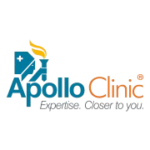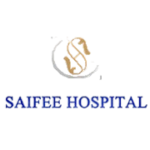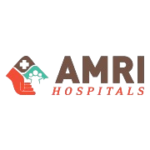Recover from Brain Surgery
Early & Effective Empowered Care in a Specialized Environment
Recovery from Brain Surgery.
Craniotomy care involves careful management following a surgical procedure where a portion of the skull is removed to access the brain. Post-operative care includes monitoring vital signs, managing pain, and observing for signs of complications such as infection or swelling. Wound care is crucial to prevent infection and promote healing at the incision site. Patients may require assistance with mobility and daily activities as they recover. Regular follow-up with healthcare providers ensures that recovery progresses as expected and any issues are promptly addressed.
1. Early and Intensive Rehabilitation: We believe in starting the rehabilitation process as soon as possible. Early intervention can produce remarkable improvements. Early and intensive rehabilitation speeds up recovery and improves outcomes through prompt, comprehensive therapy.
2. Base line Evaluation: Before devising a care plan, we conduct a thorough evaluation to understand the patient's current health status and needs. This detailed assessment ensures the care plan is tailored to address individual concerns and optimize health outcomes.
3. Personalized Recovery Care Plan: Every patient's journey is unique. We craft a tailored recovery plan that aligns with each individual's specific needs and goals. This personalized approach ensures the care plan effectively addresses individual challenges and supports optimal recovery.
4. Constant Monitoring and Evaluation: Recovery is a dynamic process. We continuously assess the patient's progress and make necessary adjustments to the care plan as needed. This ongoing evaluation ensures that the care remains effective and adapts to any changes in the patient’s condition.
5. Long-Term Follow-Up:Regular follow-up appointments with healthcare providers are crucial to monitor recovery, assess neurological function, and address any ongoing or new issues.
The Comprehensive Approach to Post-Craniotomy Care
The comprehensive approach to post-craniotomy care is essential for optimal recovery and involves meticulous monitoring and management of the patient’s condition. This includes regular neurological assessments to detect any changes in brain function and managing pain effectively to ensure patient comfort. Maintaining strict infection control protocols is crucial to prevent complications. Fluid and electrolyte balance must be carefully monitored to support overall health. Rehabilitation therapy, including physical, occupational, and speech therapy, plays a vital role in regaining lost functions. Psychological support is also important to address the emotional and mental well-being of the patient. This holistic approach ensures a smoother recovery and enhances the overall outcomes for post-craniotomy patients.

Visual and Speech Therapy

Psychology & Emotional Wellbeing

Infection Control
Seizure Management

Nutrition and Swallow Therapy
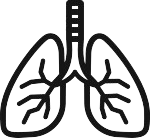
Respiratory Therapy

DVT Prevention

Strength Training

Pressure Ulcer Prevention
The Comprehensive Approach to Post-Craniotomy Care
The comprehensive approach to post-craniotomy care is essential for optimal recovery and involves meticulous monitoring and management of the patient’s condition. This includes regular neurological assessments to detect any changes in brain function and managing pain effectively to ensure patient comfort. Maintaining strict infection control protocols is crucial to prevent complications. Fluid and electrolyte balance must be carefully monitored to support overall health. Rehabilitation therapy, including physical, occupational, and speech therapy, plays a vital role in regaining lost functions. Psychological support is also important to address the emotional and mental well-being of the patient. This holistic approach ensures a smoother recovery and enhances the overall outcomes for post-craniotomy patients.

Visual and Speech Therapy

Psychology & Emotional Wellbeing

Pressure Ulcer Prevention
Seizure Management

Nutrition and Swallow Therapy
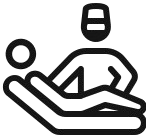
Occupational Therapy

DVT Prevention

Strength Training

Respiratory Therapy
3 steps for getting the best recovery plan
During the crucial initial 90-day "Golden Period" following a stroke, it is imperative to take primary steps towards rehabilitation care

BOOK APPOINTMENT
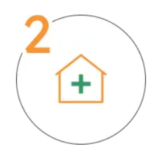
VISIT FACILITY
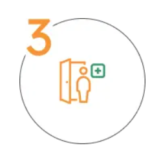
BEGIN RECOVERY
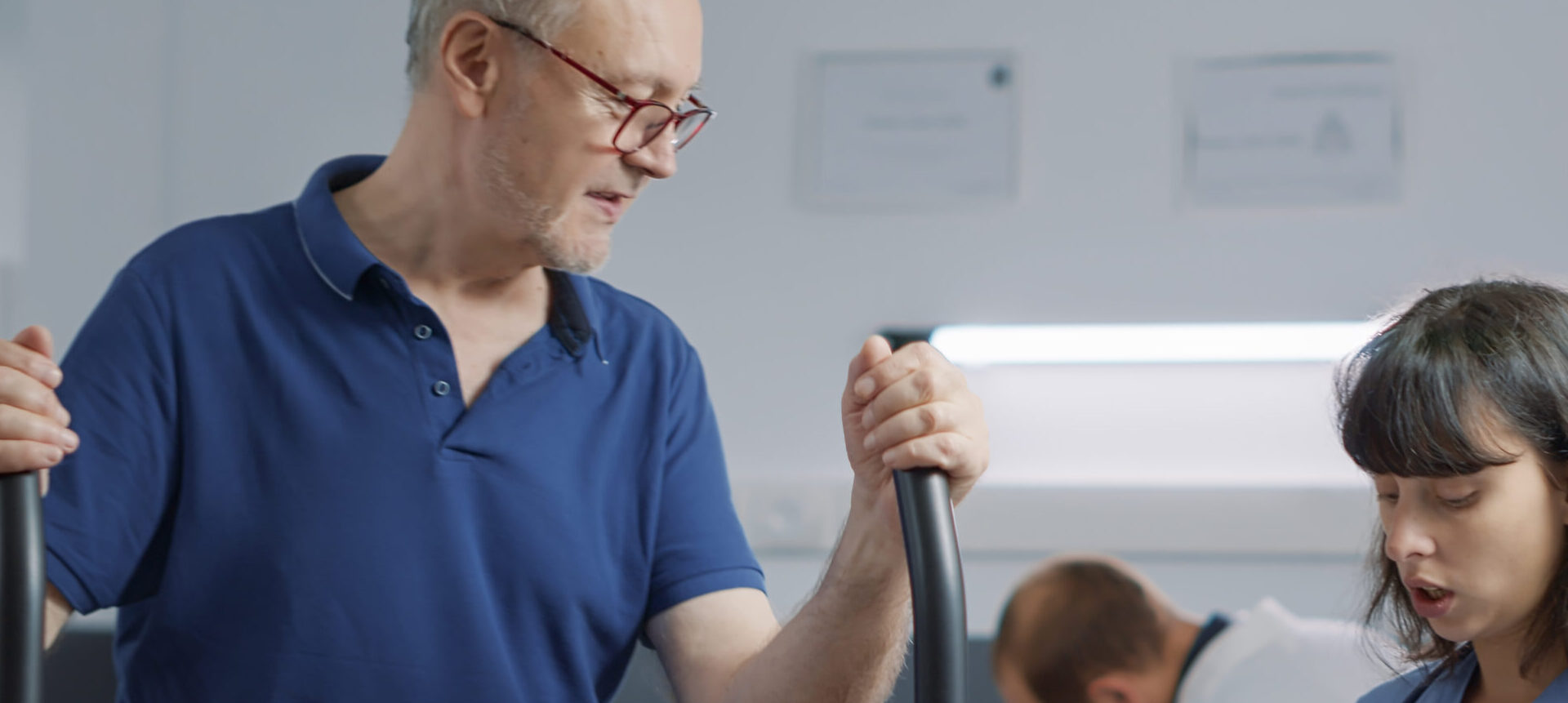


Primary Steps in Post-Craniotomy Rehabilitation
We believe in starting the rehabilitation process as soon as possible. Early intervention can produce remarkable improvements.
Before devising a care plan, we conduct a thorough evaluation to understand the patient's current health status and needs.
Every patient's journey is unique. We craft a tailored recovery plan that aligns with each individual's specific needs and goals.
Recovery is a dynamic process. We continuously assess the patient's progress and make necessary adjustments to the care plan.



Primary Steps in Post-Craniotomy Rehabilitation
We believe in starting the rehabilitation process as soon as possible. Early intervention can produce remarkable improvements.
Before devising a care plan, we conduct a thorough evaluation to understand the patient's current health status and needs.
Every patient's journey is unique. We craft a tailored recovery plan that aligns with each individual's specific needs and goals.
Recovery is a dynamic process. We continuously assess the patient's progress and make necessary adjustments to the care plan.

A craniotomy care service in a rehabilitation center focuses on providing specialized post-operative care and support for patients who have undergone a craniotomy. This service includes a comprehensive approach to recovery, involving multidisciplinary teams of healthcare professionals such as neurologists, physical therapists, occupational therapists, and speech-language pathologists. The goal is to help patients regain their physical and cognitive functions, manage pain, prevent complications, and improve overall quality of life. Personalized care plans are developed to address the unique needs of each patient, ensuring a smooth transition from hospital to home or long-term care facilities. Family education and support are also integral parts of the service, empowering caregivers with the knowledge and skills to assist in the patient's recovery process.
+ Contact UsTreated Patients Coming from Leading Hospitals


